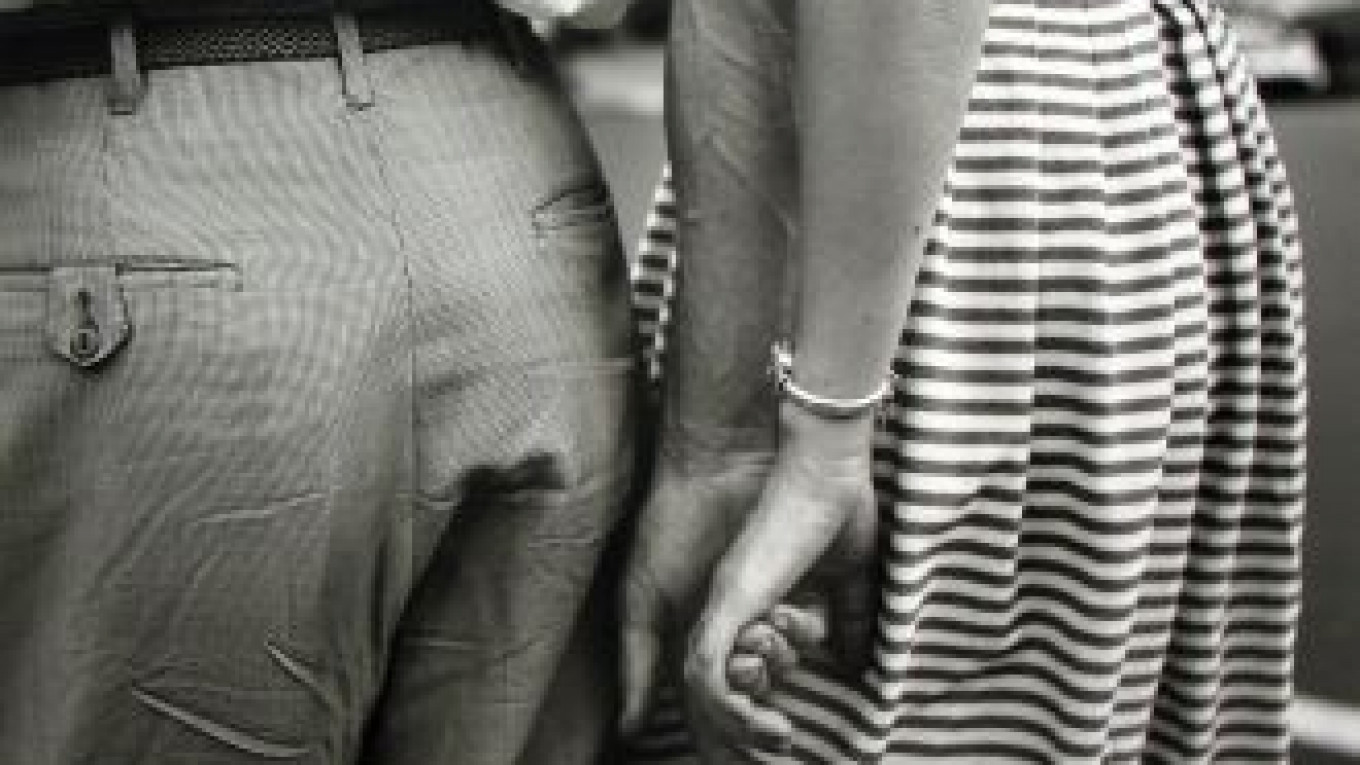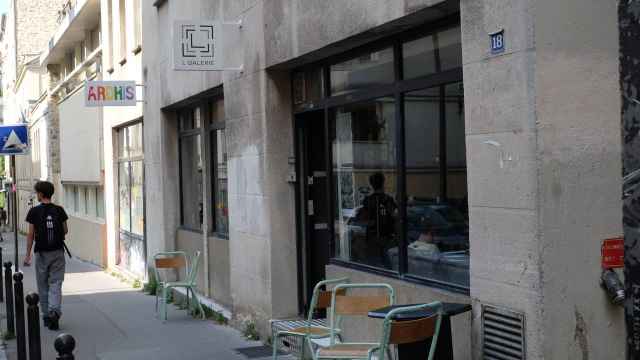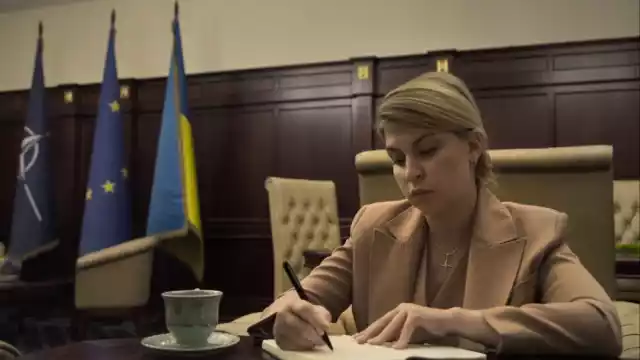Today, hip young people walk around cities primed to snap pictures and send them to their friends. Countless blogs are dedicated to chronicling the random images of urban life and are seen by millions. Cityscapes have been a part of photography since before the rise of smartphones, but the work of the American amateur photographer Vivian Maier, who took tens of thousands of photos in the 1950s and '60s, were until recently shared with no one.
After being discovered in 2007, her works are now being shown in Russia for the first time at The Brothers Lumiere Center of Photography, which opened the exhibition "The Riddle of Vivian Maier" last week.
The 50 black and white images, some of which have never been shown before, show a selection of candid scenes from post-war American cities. In one photo, a police officer argues with an Armenian woman on New York's Lower East Side. Another shows the silhouette of a sailor standing alone at a party.
A color video projection of select photos and short eight-millimeter films from the 1970s also plays in the exhibition, accompanied by an abbreviated loop of George Gershwin's "Rhapsody in Blue."
Born in New York City, Maier spent her childhood between the U.S. and France before spending the 1950s in New York and Chicago, where she worked as a nanny, wandering the streets and taking photos for 40 years.
Anastasia Lepikhova, the curator of the Lumiere Center exhibit, compared the skill of Maier, who only worked as an amateur, to the seminal European photographers Henri Cartier-Bresson and Andrei Kertesz in her precision and use of interesting composition.
One photo, taken clandestinely from above, shows a man and his date gazing at each other as they hold hands across a restaurant table. But despite capturing the small, intimate moments of modern life, Maier never shared her pictures with the public she photographed.
In fact, she didn't even develop many of them. A collection of more than 100,000 photo negatives taken through the late 1990s were kept in a storage locker for years, eventually dispersing when the locker's contents were auctioned off in 2007 due to negligent payments.
John Maloof, a young Chicago historian, told The Associated Press that he bought a grocery box full of thousands of the photo negatives for $400. He searched for a woman named Vivian Maier but only found out who she was after a Chicago Tribune obituary surfaced in 2009. Maloof soon became the primary champion of her work, which has already been exhibited in solo shows across America and Europe, and co-directed a movie about her that debuted at the Toronto International Film Festival on Monday.
Lepikhova said the photos have been popular, noting that the morning after the exhibition's opening she sold four of the shots, starting at $1800 for the first, to buyers fascinated by the enigmatic Maier, a woman who constantly observed others but revealed little of herself.
"The Riddle of Vivian Maier" is on display until Oct. 27 at the Brothers Lumiere Center of Photography, 3 Bolotnaya Naberezhnaya, Bldg. 1. Metro Kropotkinskaya. Tel. 495-228-9878.
Contact the author at [email protected]
A Message from The Moscow Times:
Dear readers,
We are facing unprecedented challenges. Russia's Prosecutor General's Office has designated The Moscow Times as an "undesirable" organization, criminalizing our work and putting our staff at risk of prosecution. This follows our earlier unjust labeling as a "foreign agent."
These actions are direct attempts to silence independent journalism in Russia. The authorities claim our work "discredits the decisions of the Russian leadership." We see things differently: we strive to provide accurate, unbiased reporting on Russia.
We, the journalists of The Moscow Times, refuse to be silenced. But to continue our work, we need your help.
Your support, no matter how small, makes a world of difference. If you can, please support us monthly starting from just $2. It's quick to set up, and every contribution makes a significant impact.
By supporting The Moscow Times, you're defending open, independent journalism in the face of repression. Thank you for standing with us.
Remind me later.






